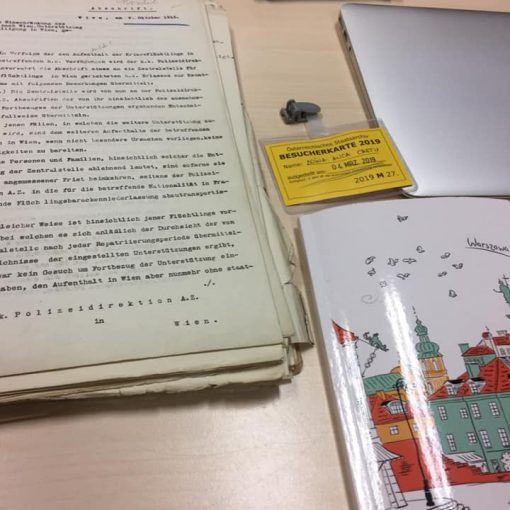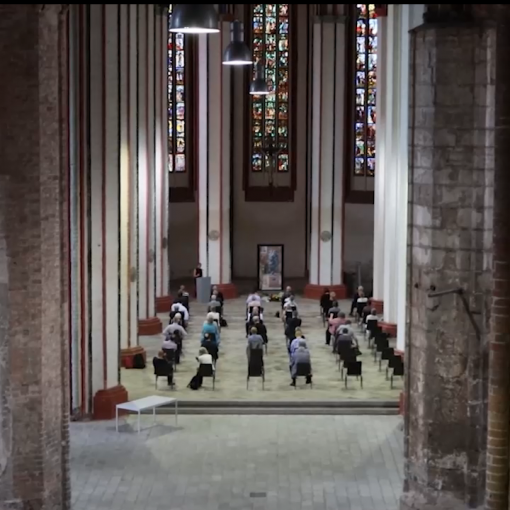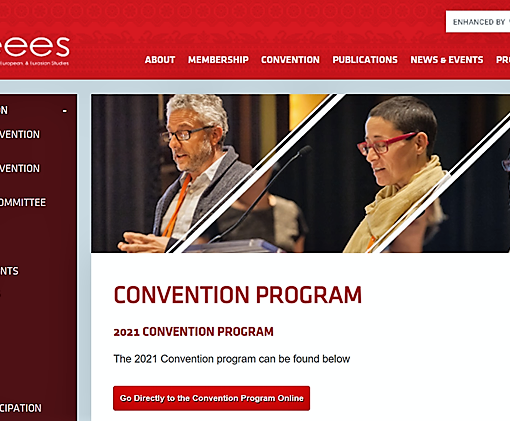Michal Frankl and Lidia Zessin-Jurek participated in the workshop “Memory, Migration and Populism: The Post-Imperial Historical Legacy and Heritage of Central and Eastern Europe”, organized by the Department of Mobility and Migration, Institute of Ethnology, CAS, 13th – 14th October 2022.
For the event’s full program please click here or read the abstracts of their papers below.
Michal Frankl: Historians and anti-refugee mobilisation in East Central Europe
Starting from an analysis of the anti-migration public interventions of the respected Czech historian Jaroslav Pánek, this paper aims to open discussion about how history is used to substantiate anti-refugee and anti-migrant policy and emotion. Pánek’s speeches and his 2015 book titled “European Migration Crisis” triggered a controversy which both testifies to polarisation in the community of historians and to the broader context of negative reactions to refugees in the Czech Republic and East Central Europe. The paper will trace Pánek’s longer intellectual trajectory and the roots of his anti-migration positions in his earlier historical research. In post-communist East Central Europe, the study of current migration and refugee policies often takes the year 1989 and the dissolution of state socialist regimes as its point of departure, due to the opening of borders and the introduction of Western-style asylum laws and procedures. The historians’ debate, however, makes it possible to excavate continuities (and changes) in how national and regional history can be mobilized to negate the transition from emigration to immigration societies.
Lidia Zessin-Jurek: “Poor Poles Look at the Border” — Holocaust memory as a resource against implication in refugee suffering
The blocking of refugees by border patrolsin forests and fields along the Polish-Belarusian border in the summer of 2021 triggered a humanitarian crisis. The border overlaps in several places with the demarcation line that divided Polish territory between the Germans and the Soviets in 1939. Back then, mostly Jewish refugees were blocked in the open in exactly the same places. The return of this refugee situation to the same geography is known mainly to a handful of specialists in the history of Jewish migration. This said, comparisons of the situation of today’s refugees to the wartime history of the Jews abound in public debate.
In my presentation, I will group together the arguments that have emerged in Polish discourse for the existence of similarities between the situation of Jews in Polish lands during the war and the situation of today’s refugees there. The axis of the analogies seems to grow out of a belated trauma, triggered by the more general issue of Christian indifference to the wartime suffering of their Jewish neighbours. These references to Jewish history raise objections coming from many quarters. I will want to clarify this by addressing the recent debate among Holocaust historians and memory scholars on the limits of comparison. In my conclusion, I draw on Michael Rothberg’s observation that memory is an important resource in the contemporary struggle against implication in injustice.



